


Naftali Bennett, a self-made tech millionaire and former commando, has been offered the role of Israel's next prime minister after his party, Yamina, won just seven seats in the general election. Despite being considered an ultra-nationalist and known for advocating Jewish settlement in the West Bank and East Jerusalem, Bennett has formed a coalition with centrist opposition leader Yair Lapid, ousting long-time leader Benjamin Netanyahu. His rise to power reflects the contentious issue of settlements in the Israeli-Palestinian conflict and highlights Bennett's outspoken and combative approach.

The Israeli military is investigating whether it successfully executed a planned operation targeting three militants in the Gaza Strip, including prominent Hamas leader Yahya Sinwar. While the identity of the militants has not yet been confirmed, the Israeli army has evidence suggesting that Sinwar was among those killed. If confirmed, this would be a major victory for Israel and Prime Minister Benjamin Netanyahu after a series of high-profile assassinations of Hamas leaders. Sinwar was the leader of Hamas in Gaza and has been on Israel's wanted list since orchestrating an attack in 2023.

The United States is sending its advanced anti-missile system, the Terminal High-Altitude Area Defense (THAAD) battery, to Israel along with a military crew to operate it. This deployment comes in response to Iran's recent attacks against Israel and serves as a clear demonstration of US support for Israel's defense. The move also marks a broader adjustment in the US military's approach to protecting Americans in Israel from attacks by Iran and its allies. As this decision is made, Israel is grappling with ongoing threats and attacks from Iran and its proxy, Hezbollah, with Prime Minister Benjamin Netanyahu calling for the withdrawal of UN peacekeeping forces from southern Lebanon to ensure their safety. The tensions between Israel and Iran continue to escalate, with Israel reaffirming its commitment to defending its future against the "axis of evil."

US President Joe Biden urged Israeli Prime Minister Benjamin Netanyahu to minimize civilian harm as Israel mulls its response to Iran's recent missile strike. This call comes amid mounting pressure from Washington not to strike Iran's oil or nuclear facilities prior to the US presidential elections. The two leaders agreed to stay in close contact over the next few days, and Vice President Kamala Harris also joined the call. Meanwhile, Israeli Defense Minister Yoav Gallant has pledged that their attack on Iran will be "deadly, precise, and surprising." The leaders also discussed Israel's offensive against Iranian ally Hezbollah in Lebanon.
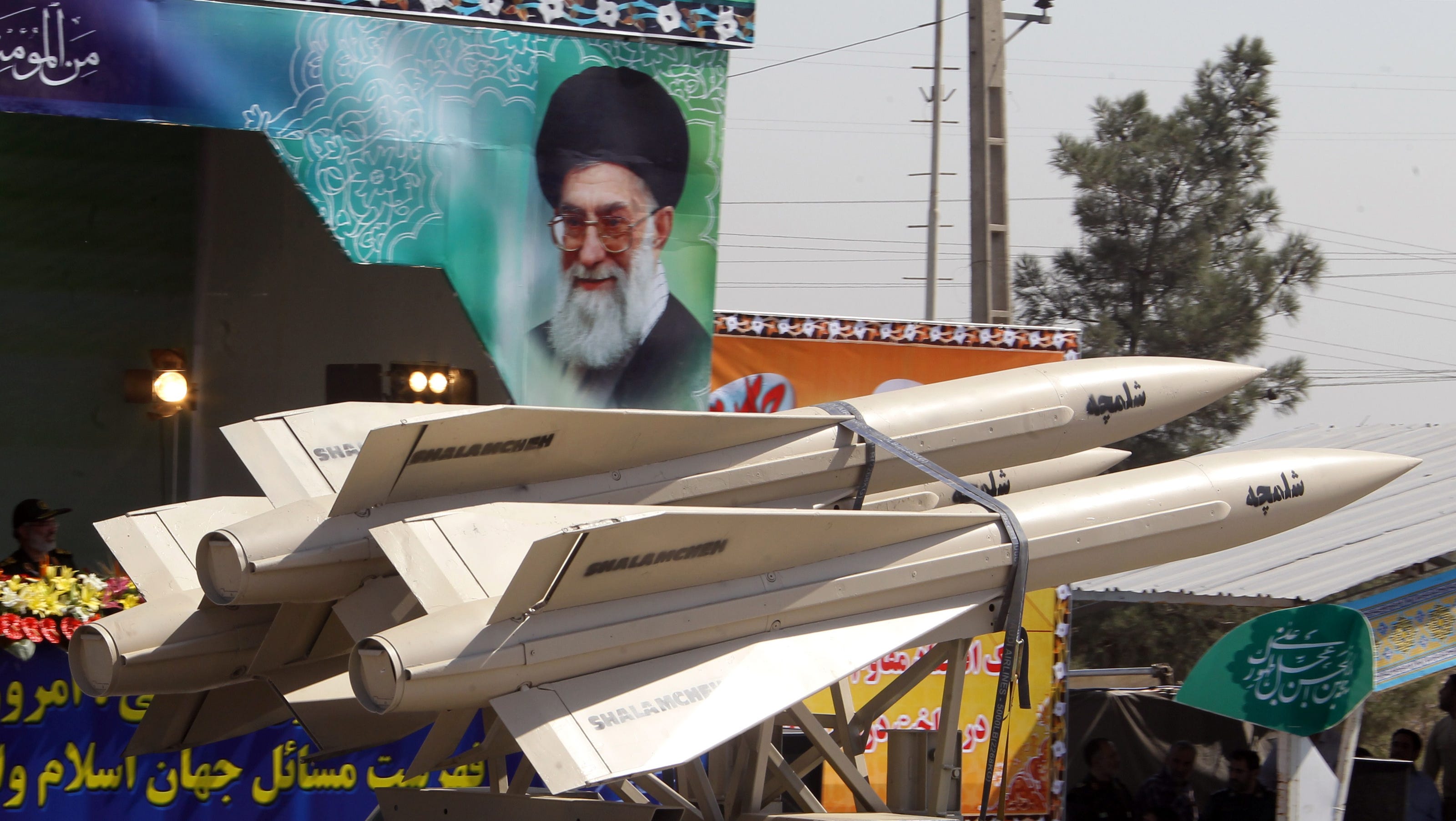
In response to Iran’s missile attack on Israel, Iranian President Masoud Pezeshkian issued a stern warning to Israeli Prime Minister Benjamin Netanyahu, declaring that Iran was not a belligerent but stood firmly against any threat. Iran’s Supreme Leader, Ali Khamenei, also spoke defiantly, suggesting that the attacks would intensify, while Israel’s Defense Forces (IDF) confirmed over 150 missiles launched by Iran and sent millions of Israelis into bomb shelters. As both sides prepare for further action, tensions remain high in the region.
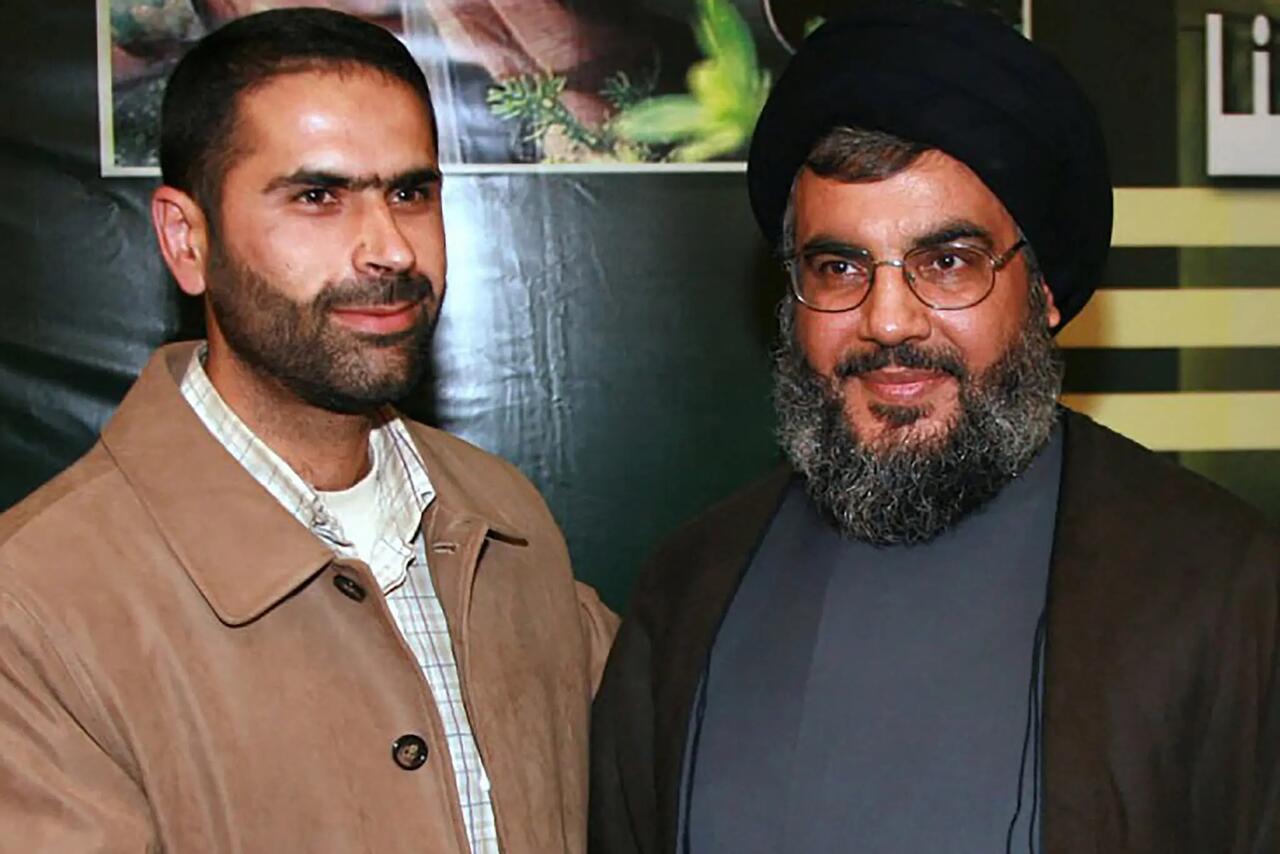
After 32 years of leading Hezbollah, Hassan Nasrallah was killed in a targeted Israeli Air Strike on the group's central headquarters in Beirut. The strike, authorized by Prime Minister Benjamin Netanyahu, was carried out after precise intelligence showed that Nasrallah and other senior Hezbollah commanders were actively planning terrorist activities against Israel. The Israeli military confirmed Nasrallah's death, stating that he was responsible for the deaths of many Israeli civilians and soldiers during his reign as Hezbollah's Secretary-General.
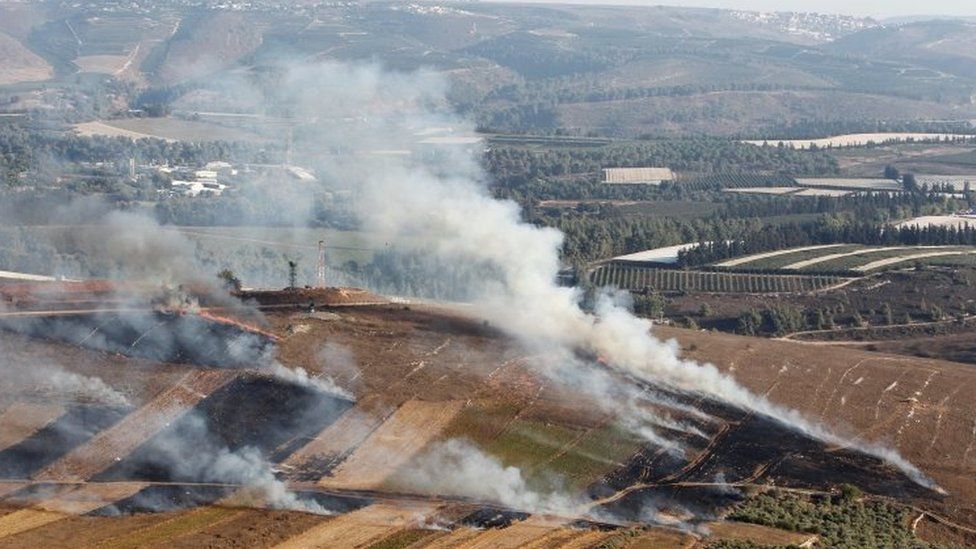
Israeli Prime Minister Benjamin Netanyahu announces that Israel has taken preventative action against the Iranian-supported group Hezbollah in Lebanon to stop potential attacks. Israel's air defenses successfully intercept all rockets and drones launched at them. In response, Israel declares a 48-hour emergency and strikes Lebanon, while Hezbollah retaliates with 300 rockets. Stay updated on this developing international conflict by following us on social media and visiting our website.
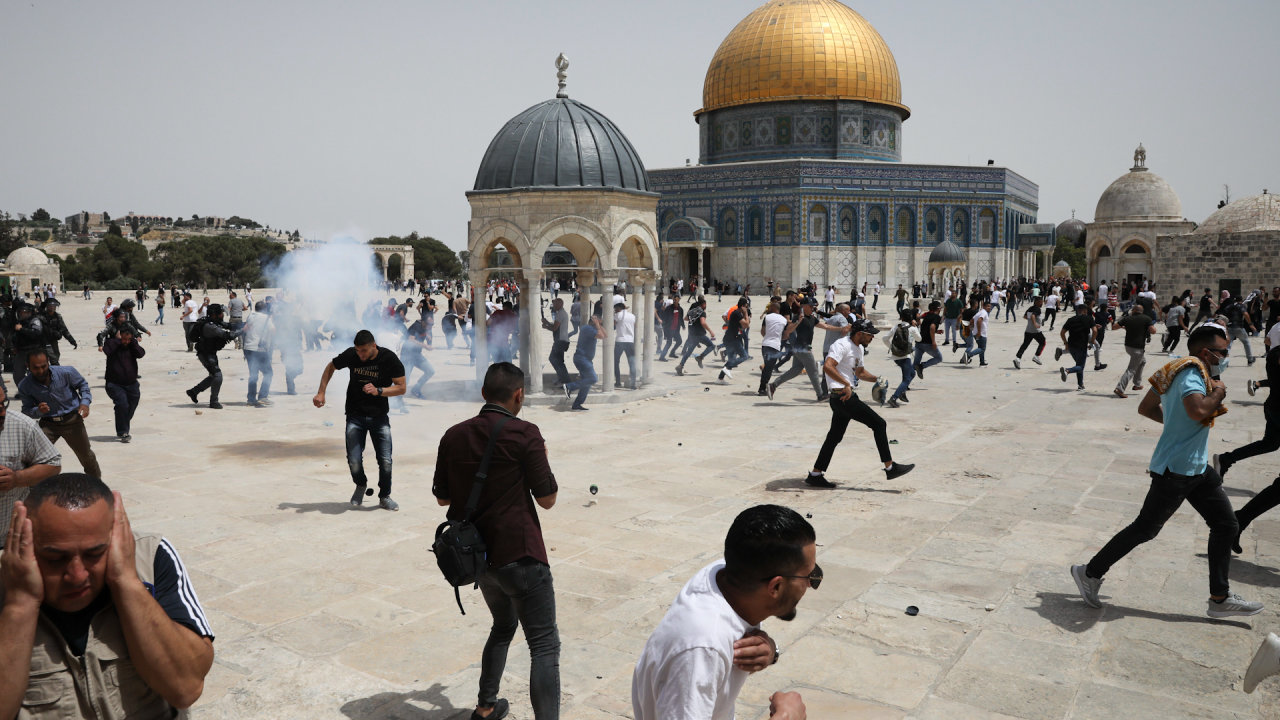
Israeli Defense Minister Yoav Gallant has announced that conditions have been met for a ceasefire and the release of hostages with Hamas. In a phone call with US Secretary of Defense Lloyd Austin, Gallant discussed the successful operations in Gaza that have led to these conditions. However, tensions continue between the military and Israeli Prime Minister Benjamin Netanyahu, with Gallant recently accusing him of hindering the negotiations. While it remains uncertain if a deal will be struck, Israeli troops have continued their attacks in Gaza, with reports of civilian casualties.

The Hamas leader, Ismail Haniyeh, was assassinated in the Iranian capital Tehran on Wednesday morning, confirmed by Hamas and Iran's Revolutionary Guards. Israel's Prime Minister, Benjamin Netanyahu, has warned of a "heavy price" for any aggression against them, although the government has not claimed responsibility for the strike. With tensions between Iran and Israel already high, this latest attack could escalate the conflict to "new dimensions" and have major repercussions.
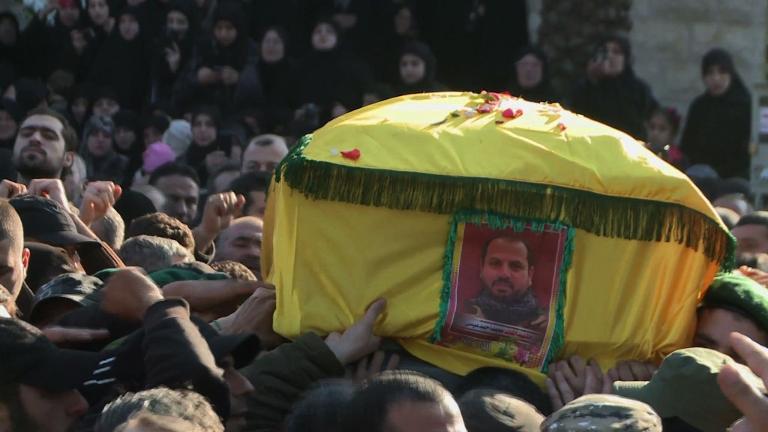
An Israeli drone strike targeted a Hezbollah commander in Lebanon's capital of Beirut, resulting in three casualties and 85 injuries. This was the first time since January that Israel had struck southern Beirut, with the target being reportedly the second-in-command of Hezbollah. The attack was in response to a previous attack in the Golan Heights, and Israeli Prime Minister Benjamin Netanyahu has instructed his ministers not to comment on the issue. Shortly after the strike, multiple explosions were also reported in Iraq in areas controlled by Iran-backed militias, further escalating tensions in the region.